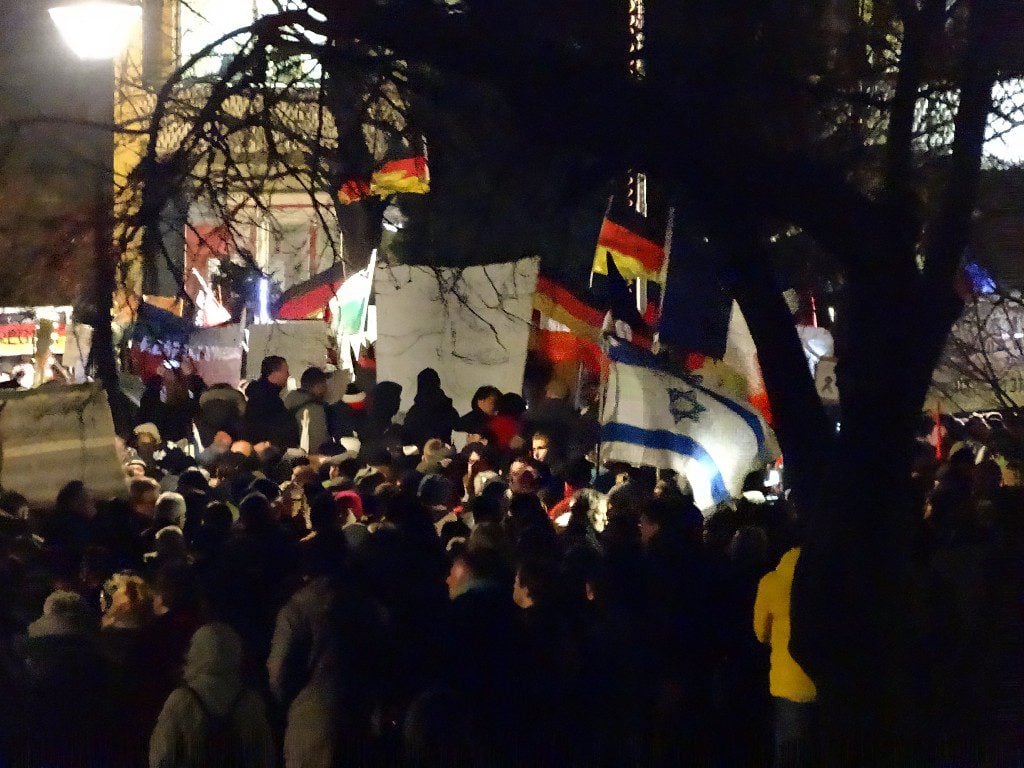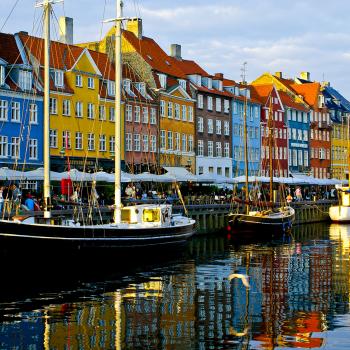![https://commons.wikimedia.org/wiki/File%3AK%C3%B6lner_Dom004_(Flight_over_Cologne).jpg By Neuwieser (Flickr: Flight over Cologne) [CC BY-SA 2.0 (http://creativecommons.org/licenses/by-sa/2.0)], via Wikimedia Commons](https://wp-media.patheos.com/blogs/sites/533/2016/01/800px-K%C3%B6lner_Dom004_Flight_over_Cologne.jpg)
At the same time, the focus has turned to migrants from North Africa — Algeria, Morocco, and Tunisia, three countries to which Germany had previously been unable to deport rejected aslyum-claimants. Under discussion are two changes: declaring these countries as “safe countries” to which individuals can automatically be returned, and putting pressure on these countries, which had been refusing to accept individuals who lacked passports, by threatening them will loss of foreign aid. (Both links are to DW, in English.)
Why the focus on these countries? Partly because it’s a quick fix. The question of what to do with the much larger number of refugees from Sryia and Iraq is much more difficult.
But the other reason is that the perpetrators of the Silvesternacht attacks were predominantly North African, not Middle Eastern. And the petty thieves and pickpocketers who’ve established themselves around the Cologne train station are North African, as well as the similar criminals in Duesseldorf, and these are not new arrivals but made there way to Germany from France, Spain, and Italy over the last three or four years.
So, to be sure, these people need to be dealt with. But at the same time it isn’t rational to imagine that it’s only a matter of North Africans. It defies reason to say that it’s pure coincidence that the groping/molestation attacks occurred simultaneous to the massive number of new arrivals but are unconnected to them. And it worries me that German politicians will confine their measures to this narrower issue and declare the problem solved.
Separately, with respect to the pool that had previously banned migrant men due to groping incidents, the city has now issued a statement:
“The cancellation is not the result of pressure from the media’s response, but rather follows intensive discussions with refugees on how they should treat women with respect, regardless of whether they have a migration background or not,” the statement said.
Bornheim said last week it wanted social workers to teach asylum seekers at shelters in the area about gender equality and the need to respect women, adding that the city was not prepared to compromise on German cultural norms.
“Once our social workers tell us that they have received the message, we’ll terminate the measure,” said Markus Schnapka, head of Bornheim’s social welfare office.
Once again, it is hard to believe that all that’s needed is a bit of teaching.
In any case, though, it does seem as if there has been a true turning point. These issues aren’t getting swept under the rug any longer.













